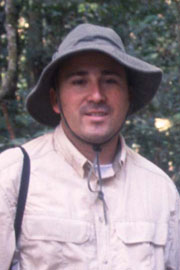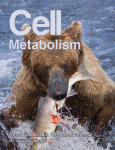 A trio of papers on health issues in elderly patients, all sharing an author, have been retracted from Geriatrics & Gerontology International.
A trio of papers on health issues in elderly patients, all sharing an author, have been retracted from Geriatrics & Gerontology International.
The reasons for the retractions range from expired kits, an “unattributed overlap” with another paper, “authorship issues,” and issues over sample sizes.
Tomader Taha Abdel Rahman, a researcher at Ain Shams University in Cairo, is the first author on two of the papers, and second author on the third.
Here’s the retraction note for a paper that showed elderly adults with chronic hepatitis C are at risk of having cognitive issues:
Continue reading Three retractions for geriatric medicine researcher








